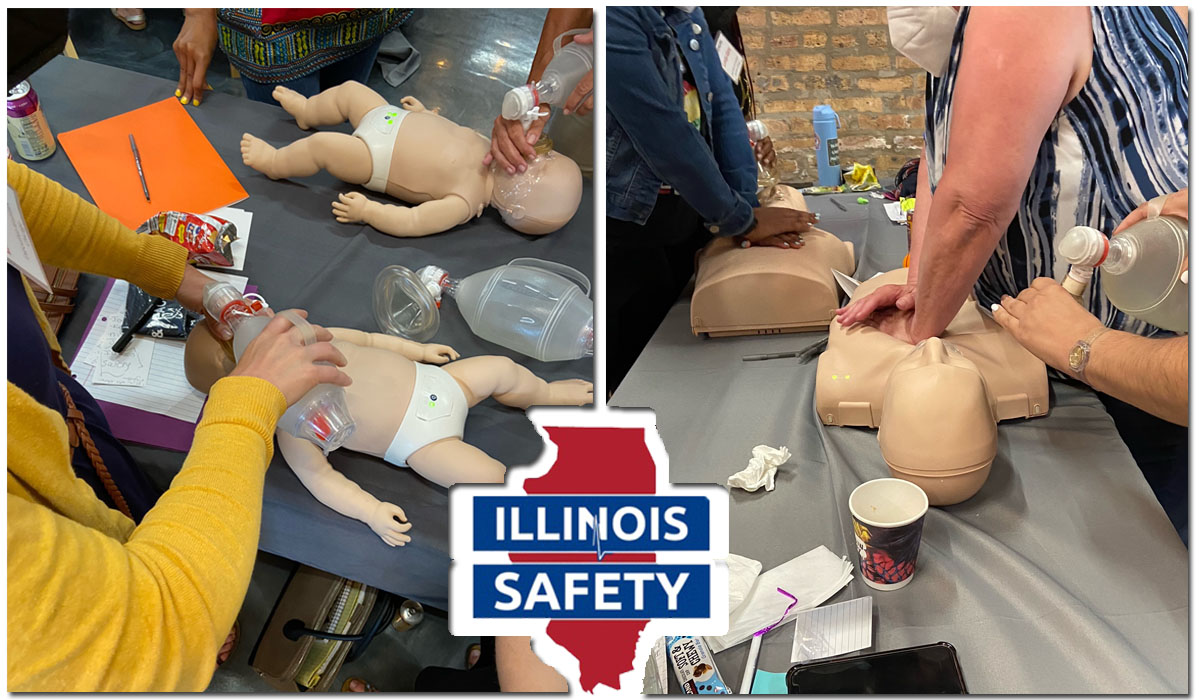
First Aid Training: Your First Step To Becoming A Lifesaver
Empower Yourself With First Aid Training To Save Lives
First aid training is a crucial step in becoming a lifesaver, empowering individuals to take immediate action during medical emergencies. Illinois Safety is your trusted partner in acquiring essential lifeesaver skills that can turn you into a true lifesaver. With our team of experienced instructors, all of whom are current firefighters and paramedics, we bring real hands-on experience back to the classroom. No matter where you are in the Chicagoland Area, our on-site classes at your location ensure stress-free and convenient training. Our diverse first aid classes, including CPR, AED, First Aid, Bloodborne Pathogen, BLS for Healthcare Provider, ACLS, and PALS training, cater to professionals, schools, corporate businesses, gyms, day-cares, and more. Don’t wait to take action! Empower yourself and your team by contacting us at (630) 290-4280 or completing this form. Become a certified first aider today and join our mission to save lives!
Comprehensive Look At First Aid Training
Before we delve into the specifics, let’s understand what first aid training is all about. First aid training refers to the education and instruction provided to individuals to equip them with the knowledge and skills required to respond appropriately to medical emergencies. It covers a wide array of topics, ranging from basic wound care and bandaging to more advanced techniques needed in critical situations. By enrolling in a certified lifeesaver course, you gain the confidence to act decisively during accidents or health crises.
The Vital Significance Of First Aid Certification
While anyone can attempt to provide first-aid in an emergency, first aid certification adds a layer of assurance that the responder is well-prepared and competent. A certified lifeesaver has undergone formal training, demonstrated proficiency in essential skills, and received recognition from reputable certifying organizations. This certification is recognized across various industries and workplaces, indicating that the holder is capable of handling medical emergencies with confidence and efficiency.
Benefits Of First Aid Training For Professionals And The General Public
Whether you’re a medical expert or an everyday individual, the advantages of being first aid certified are manifold. Here are some compelling reasons why first-aid training benefits both professionals and the general public:
• Immediate Response
In emergencies, time is of the essence. Lifeesaver training equips professionals and the public with the knowledge and confidence to respond swiftly and effectively to injuries or medical crises. Prompt action can prevent the situation from worsening and save lives.
• Enhanced Safety In The Workplace
For professionals in high-risk industries, first aid training is paramount. Having employees with lifeesaver skills ensures a safer work environment and reduces the severity of injuries before medical help arrives.
• Peace Of Mind For Parents And Caregivers
For parents and caregivers, first aid training provides peace of mind. Knowing how to handle common accidents at home or outside allows them to respond calmly and appropriately to their loved ones’ needs.
• Improved Health Literacy
First aid training enhances health literacy among the general public. Participants gain valuable knowledge about common injuries, illnesses, and how to assist until professional medical help is available.

• Confidence In Public Places
In public spaces, accidents can happen to anyone. Being first aid certified instills confidence in individuals to step up and assist if someone requires immediate medical attention.
• Reduced Severity Of Injuries
Properly administered first-aid can significantly reduce the severity of injuries, preventing complications and aiding the recovery process.
• Life-Saving In Remote Areas
For those in remote areas or outdoor enthusiasts, lifeesaver training is especially crucial. The ability to provide assistance during emergencies when professional medical help may be far away can make a significant difference.
• Team Building And Workplace Cohesion
First aid training fosters team building and cohesion in workplaces. Employees bond over shared knowledge and the common goal of ensuring safety and well-being.
• Emergency Preparedness
Being prepared for emergencies is vital. First aid training equips individuals with the skills to handle unexpected situations, promoting a proactive approach to safety.
• Empowerment To Make A Difference
Perhaps most importantly, lifeesaver training empowers individuals to be proactive and make a difference in the lives of others. Being able to provide care and support in emergencies is a powerful and rewarding skill.
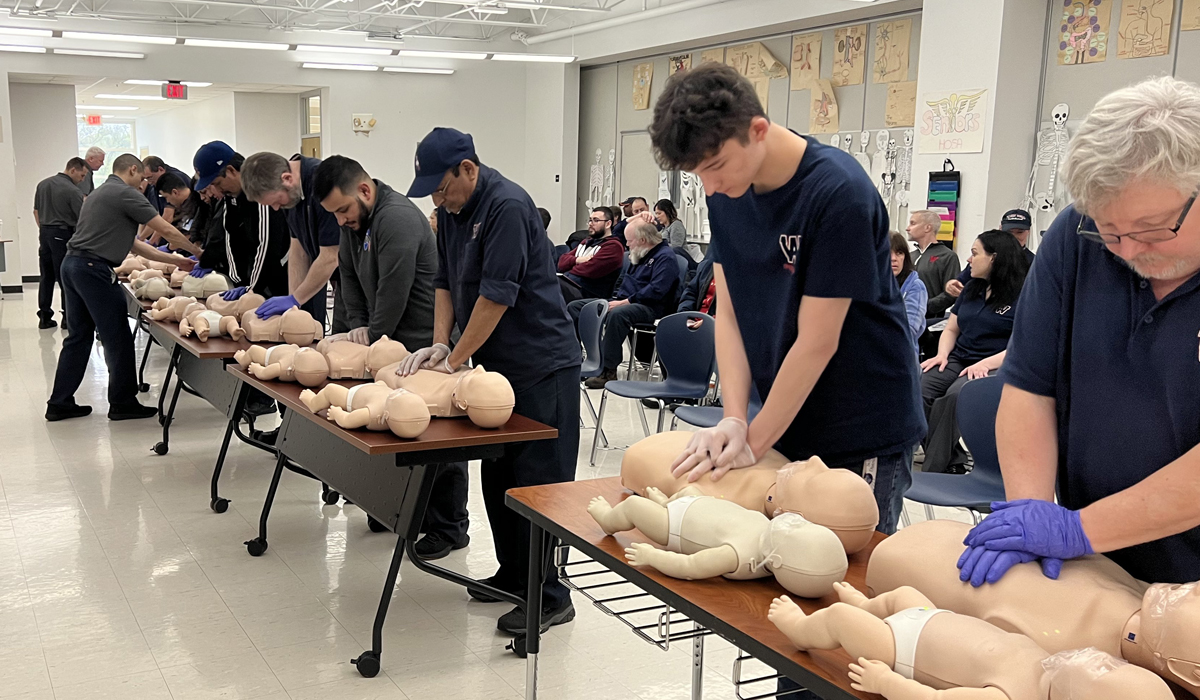
Practical Skills Taught In First Aid Classes
In emergencies, knowing how to respond can be the difference between life and death. Lifesaving skills empower individuals to take immediate action, making them invaluable during critical situations. Let’s explore the practical techniques taught in these essential first aid courses:
• Rapid Assessment
Learn how to quickly assess the situation and identify the severity of injuries or medical conditions.
• Prioritization Of Care
Understand how to prioritize and provide care based on the urgency of each case.
• Basic Life Support (BLS) CPR
Gain proficiency in performing CPR to maintain blood flow and oxygen circulation in cardiac arrest victims.
• Automated External Defibrillator (AED) Usage
Master the use of AEDs to restore normal heart rhythms in sudden cardiac arrest.
• Specialized Techniques For Pediatric Emergencies
Acquire expertise in handling medical emergencies involving infants and children.
By developing these practical skills, you become better equipped to respond confidently and effectively in critical moments, potentially saving lives and making a lasting impact in your community.
First Aid Training In The Workplace
Workplace safety is of paramount importance, and incorporating first aid training is a proactive step towards ensuring the well-being of employees and customers. Having trained staff can mitigate the impact of accidents or medical emergencies in the workplace. By creating an emergency response plan and promoting lifeesaver training, companies demonstrate their commitment to safety and preparedness.
Making First Aid Training Accessible And Inclusive
Accessible first aid training is essential to reach a broader audience. On-site classes provide convenience for businesses, schools, and organizations to have their staff trained at their location. Additionally, online courses offer flexibility for individuals to learn at their own pace and convenience. Efforts are made to tailor training to cater to special populations, considering language and cultural barriers, ensuring that lifeesaver education is inclusive for everyone.
Taking Action: Becoming A Certified Lifesaver
If you’re ready to take the first step towards becoming a lifesaver, it’s time to enroll in a certified first-aid course. Look for reputable training providers or organizations that offer comprehensive courses. Whether you seek training for personal knowledge or professional requirements, gaining the certification can have a profound impact on your ability to respond effectively in emergencies. Don’t wait for the unexpected; equip yourself with the skills to save lives.
Conclusion
First aid training is not just a skill; it is an essential responsibility for every individual. In times of emergencies, knowing how to administer immediate care can make all the difference. Remember, a moment of action could be a lifetime of gratitude. Now is the time to take action and become a certified lifeesaver. Visit our website, Illinois Safety, to explore the range of classes we offer, including on-site classes at your location. If you have any inquiries or wish to sign-up for a training session, please do not hesitate to contact us or give us a call at (630) 290-4280.
Illinois Safety Offers The Classes As Follows:
Other Articles We've Hand-Picked For You:
Frequently Asked Questions
There are various types of first-aid training certifications, including basic first aid, CPR/AED, BLS (Basic Life Support), ACLS (Advanced Cardiovascular Life Support), and PALS (Pediatric Advanced Life Support). Each certification focuses on different levels of knowledge and skills.
Yes, first-aid training equips you to handle everyday accidents at home, such as cuts, burns, or choking incidents. Knowing how to respond promptly can make a significant difference in the outcome.
Yes, some courses cater to specific age groups, ensuring the training is age-appropriate and relevant. This approach makes learning more effective and relatable for participants.
Both in-person and online learning formats offer advantages. In-person courses provide hands-on experience and immediate guidance from instructors, while online courses offer flexibility and self-paced learning.
Lifesaving skills are invaluable during outdoor activities or sporting events where injuries or emergencies may occur. Knowing how to respond to accidents or provide first aid can make a significant difference.
Yes, proficiency in lifesaving skills is widely recognized and valued across various professions and industries. From healthcare to construction, these skills are essential in promoting safety and well-being.
Yes, many first aid training providers offer customized courses tailored to the specific needs and risks of organizations. Customization ensures relevant training for unique workplace environments.
To stay informed about the latest lifesaving techniques and guidelines, individuals can participate in refresher courses and refer to reputable sources like national health organizations.
Yes, community volunteer groups, such as disaster relief teams or youth organizations, can greatly benefit from acquiring lifesaving skills, enhancing their ability to respond effectively during critical situations.
Yes, certain job positions, especially those involving safety-sensitive roles or healthcare, may require candidates to possess valid certifications in lifesaving skills as part of their qualifications.
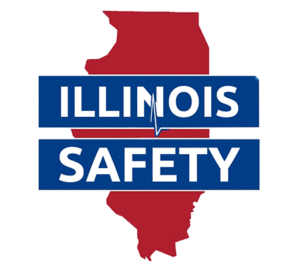
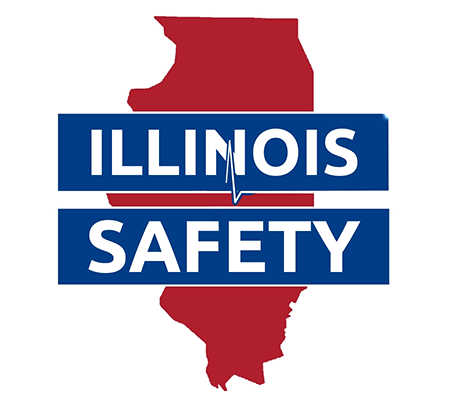
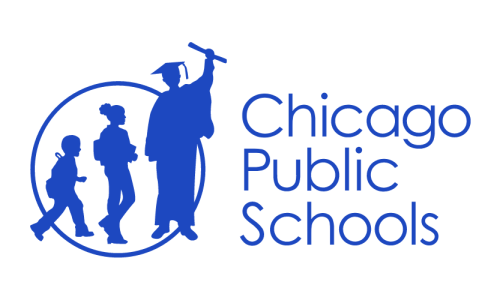






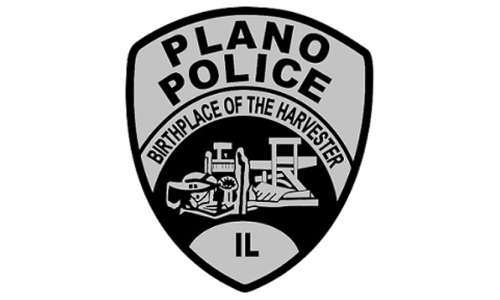
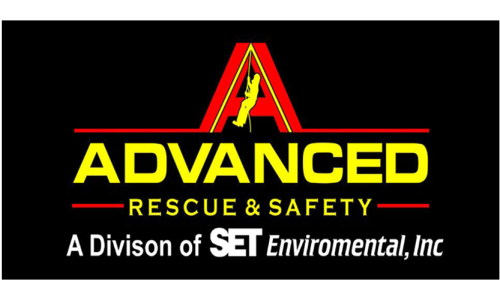
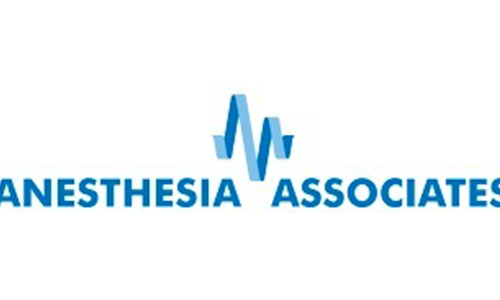
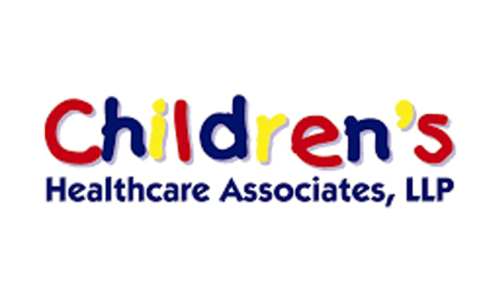



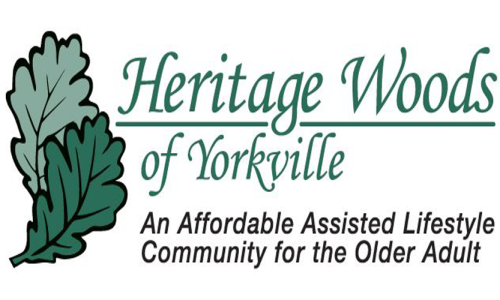
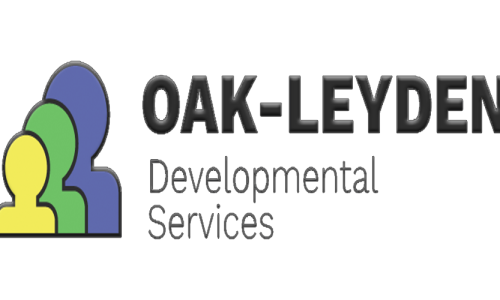
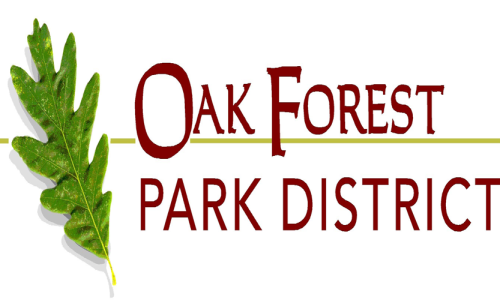

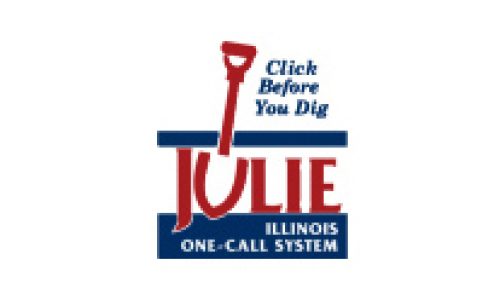


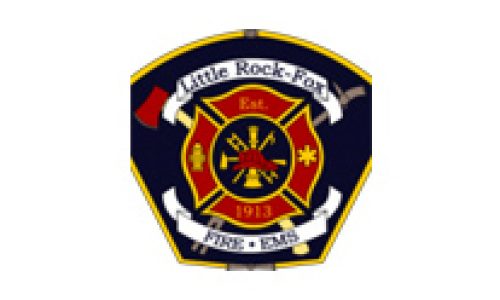

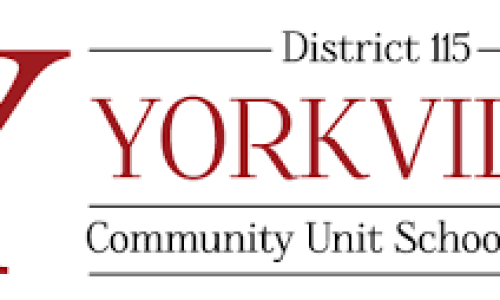



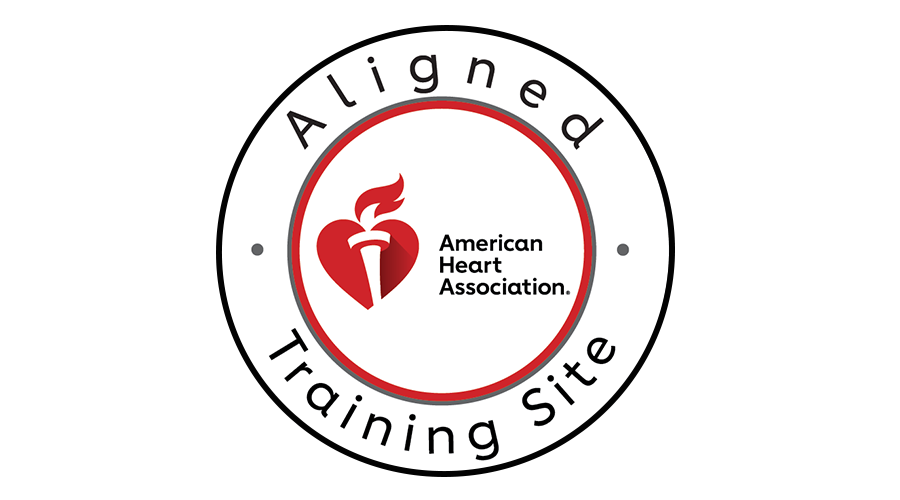
 Powered by
Powered by